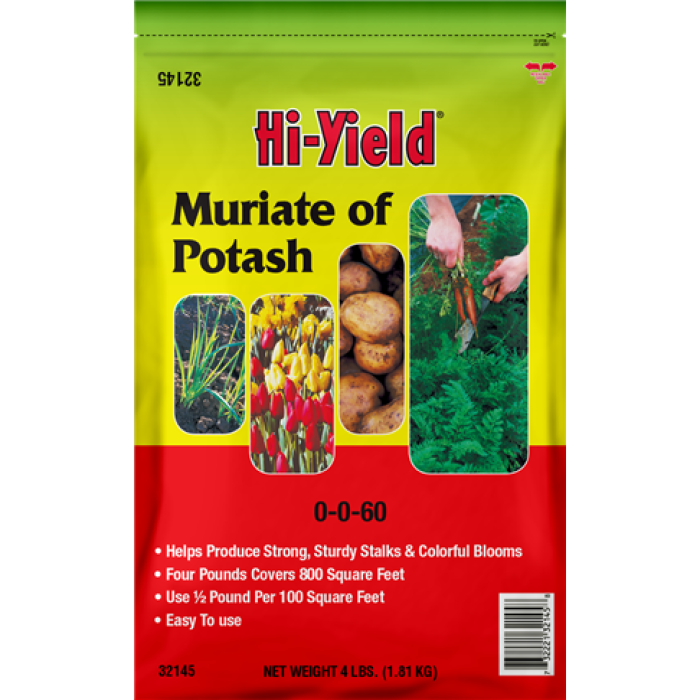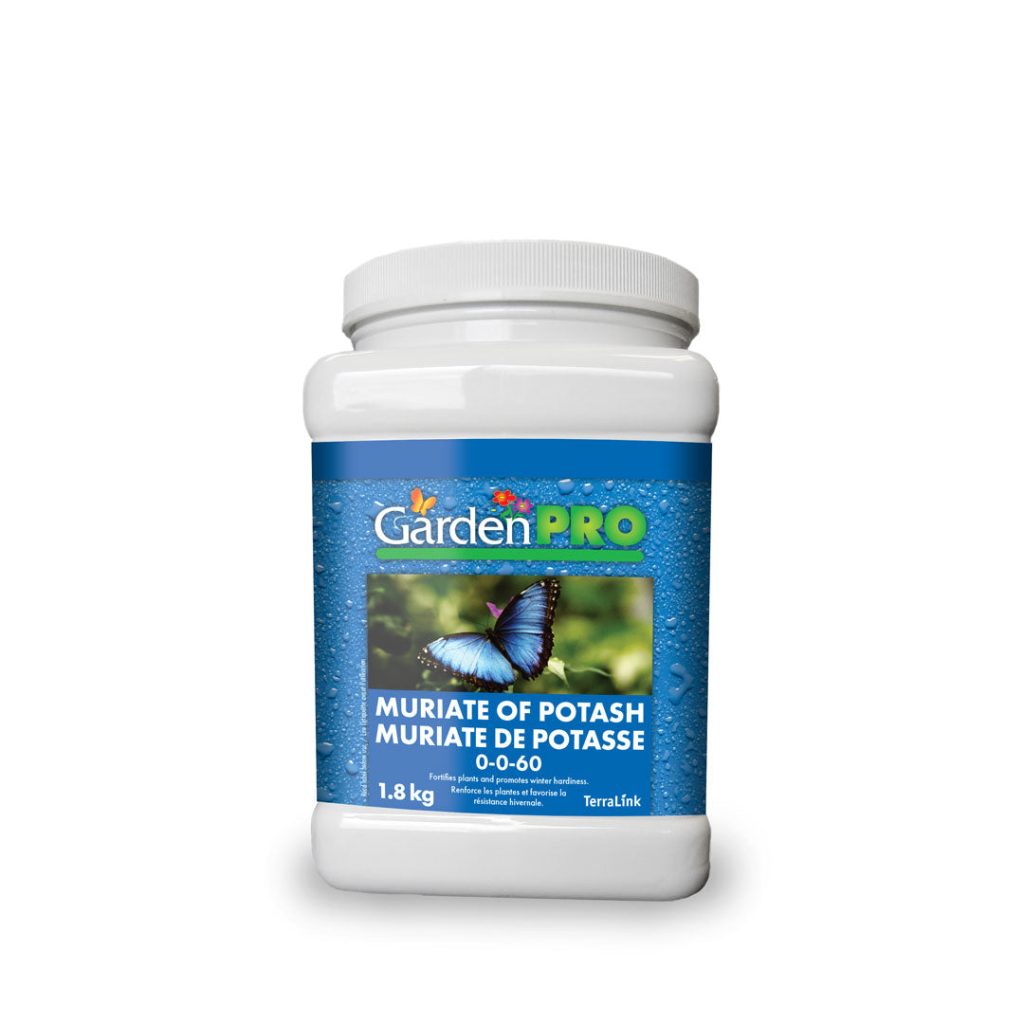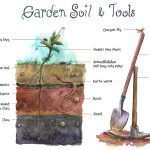Gardening is a fun activity. It helps us grow beautiful plants. One important part of gardening is using the right nutrients. Murriate of Potash is one such nutrient. In this article, we will learn about Murriate of Potash. We will also learn how to use it in your garden.

Credit: www.gertens.com
What is Murriate of Potash?
Murriate of Potash is a natural mineral. It is rich in potassium. Potassium is a vital nutrient for plants. It helps plants grow strong. It also helps them resist diseases. This mineral helps plants produce fruits and flowers. It is often used in gardening and farming.
Benefits of Using Murriate of Potash
Using Murriate of Potash has many benefits. Here are some key benefits:
- Helps plants grow strong.
- Improves fruit and flower quality.
- Strengthens plant roots.
- Increases disease resistance.
- Supports overall plant health.
When to Apply Murriate of Potash
Timing is important when using Murriate of Potash. You should apply it at the right time. Here are some good times to use it:
- Before planting seeds or seedlings.
- During the growing season.
- Before flowering starts.

Credit: www.amazon.com
How to Apply Murriate of Potash
Applying Murriate of Potash is simple. Follow these steps for best results:
Step 1: Gather Your Materials
First, you need to gather some materials. Here is what you need:
- Murriate of Potash
- Measuring cup
- Watering can or garden sprayer
- Gloves (optional)
Step 2: Measure The Right Amount
Next, you need to measure the right amount. A good rule is to use 1 to 2 tablespoons per plant. For larger areas, you may need more. Always check the package for instructions. Follow the recommended amount.
Step 3: Mix With Water
Now, it is time to mix. Take your measured Murriate of Potash. Add it to a watering can or sprayer. Then, add water. Stir well until it dissolves. This helps the plants absorb the nutrients.
Step 4: Apply To The Soil
After mixing, it is time to apply. Pour the mixture around the base of each plant. Be careful not to pour it directly on the leaves. This can harm the plant. Make sure to cover the roots well.
Step 5: Water The Plants
Once you have applied Murriate of Potash, water your plants. This helps the nutrients soak into the soil. Make sure the soil is moist. Do not let the soil dry out.
Tips for Using Murriate of Potash
Here are some tips to remember when using Murriate of Potash:
- Always wear gloves if you have sensitive skin.
- Store Murriate of Potash in a cool, dry place.
- Do not overapply. Too much can harm plants.
- Test your soil before applying. This helps you understand what your plants need.
Possible Problems and Solutions
Sometimes, problems can happen when applying Murriate of Potash. Here are some common issues and how to solve them:
Problem 1: Overapplication
Applying too much can damage plants. If you notice yellowing leaves, you may have applied too much. To fix this, water the plants well. This will help flush out excess nutrients.
Problem 2: Nutrient Imbalance
If your plants do not grow well, there may be a nutrient imbalance. Test your soil to see what nutrients it needs. Adjust your application of Murriate of Potash as needed.
Problem 3: Plant Sensitivity
Some plants are sensitive to potassium. If you notice wilting or browning, reduce the amount you apply. Choose a lower concentration for those plants.
Frequently Asked Questions
How Does Murriate Of Potash Benefit My Garden?
Murriate of Potash provides essential potassium. It helps plants grow strong and healthy. This nutrient supports root development and flower production.
What Is The Best Time To Apply Murriate Of Potash?
The best time is during the growing season. Apply it before planting or during flowering for best results.
How Much Murriate Of Potash Should I Use?
Use about 1 to 2 pounds per 100 square feet. Adjust based on your plants’ needs and soil conditions.
Can I Apply Murriate Of Potash In Fall?
Yes, applying in fall is fine. It helps prepare the soil for next year’s growth.
Conclusion
Applying Murriate of Potash is easy. It provides essential nutrients for your plants. By following the steps in this article, you can help your garden thrive. Remember to measure carefully and apply at the right time. Happy gardening!


